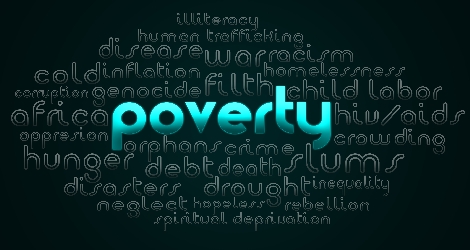APPENDIX A
Hope for a Global Future: Toward Just and Sustainable Human Development (1966)
PRINCIPLE: The satisfaction of basic needs is indispensable for human development. Sufficiency for all requires that poverty be eradicated and that the affluent live more frugally (p. 96).
PRINCIPLE: Human rights are essential to the expression of human dignity and are fundamental to the quest for human development. These rights include satisfaction of basic biophysical needs, physical security, moral and spiritual autonomy, mental and cultural development, social participation in defining and shaping the common good, due process, environmental protections, and the common good itself (p. 100).
PRINCIPLE: Women’s rights—to a secure livelihood, to freedom from oppressive domination, to education, and to safe contraception within broadly available health care—are an essential component of just and sustainable human development (p. 102).
PRINCIPLE: Public participation of all persons in the decisions that affect their lives and well-being is a fundamental human right (p. 104).
PRINCIPLE: Commitment to human development requires a commitment to effective governance capable of encouraging order, assuring justice, and promoting the common good (p. 106).
PRINCIPLE: Education is a basic human right and is essential to human development, because it enhances human capacities, improves opportunities, and widens the range of choices (p. 109).
PRINCIPLE: Overpopulation is neither just nor sustainable. Procreation is a deeply felt human right that must be balanced with the responsibility to preserve environmental quality and long-term sustainability and to make sufficient sustenance available to all (pp. 111−12).
PRINCIPLE: Human life and well-being depend upon the flourishing of other life and the integrity of the life-supporting processes that God has ordained (p. 115).
PRINCIPLE: Environmental sustainability requires agricultural sustainability, which is necessary for human survival and well-being, now and for the long-term future (p. 117).
PRINCIPLE: Authentic human development does not come in a single, fixed pattern. There are differences in cultural and worship practices that express the same universal values of justice, integrity of the person, solidarity, and sustainability (p. 120).
PRINCIPLE: Peacemaking is essential for human development and for the church’s faithfulness to Christ. It requires actions to reduce militarization and to address the unmet needs that aggravate tensions (p. 124).
PRINCIPLE: The repayment of debts and interest at the expense of the basics of life raises serious questions of justice. The burden of debts must be shared equitably in ways that reduce poverty, protect the environment, and avoid perverse incentives in the future (p. 128).
PRINCIPLE: In an interdependent world, no nation can be fully independent of other nations, and no nation should be overly dependent on other nations. This means that the international trading system must incorporate the basic norms of social justice and environmental sustainability, rather than depend solely on the norms and outcomes of free trade (p. 131).
PRINCIPLE: The purpose of development assistance is to equip people and communities through financial and technical means to implement their own plans for just and sustainable development (p.137).








